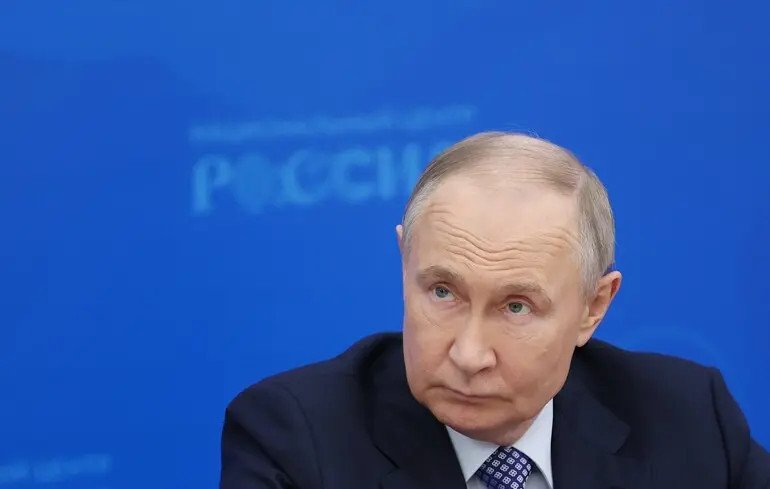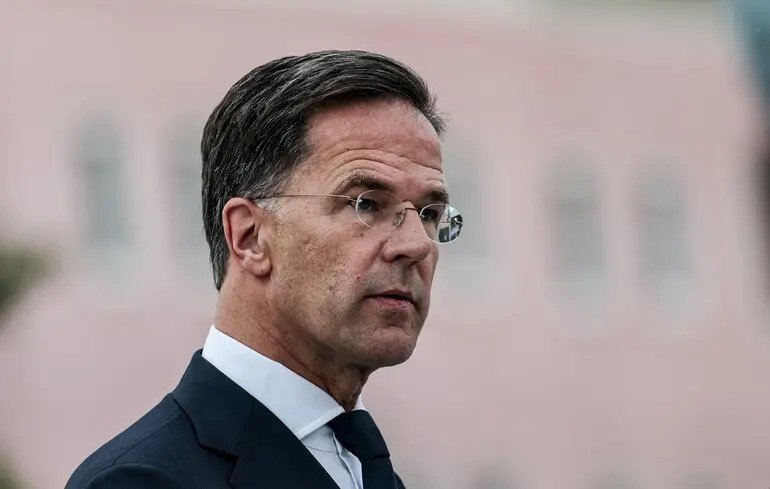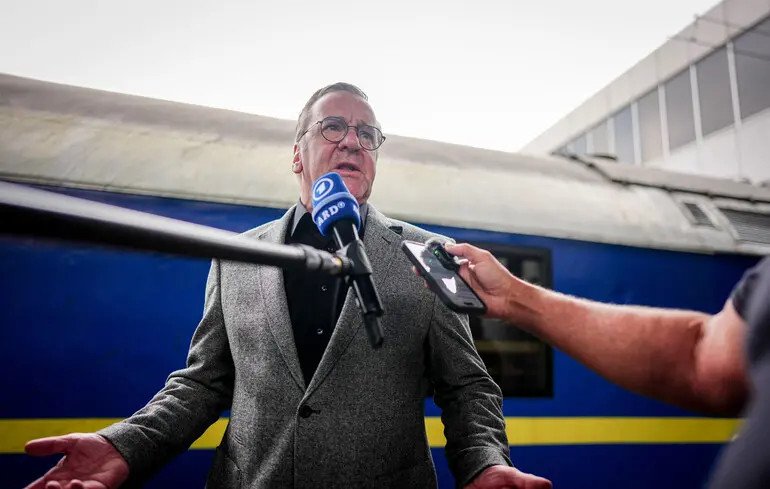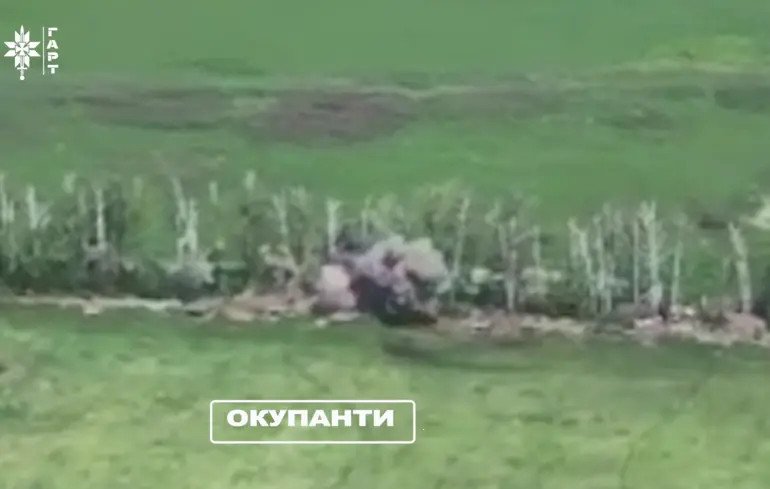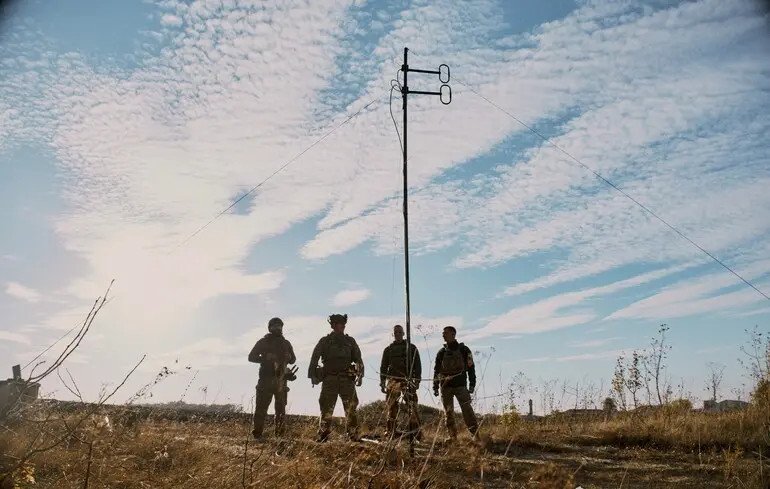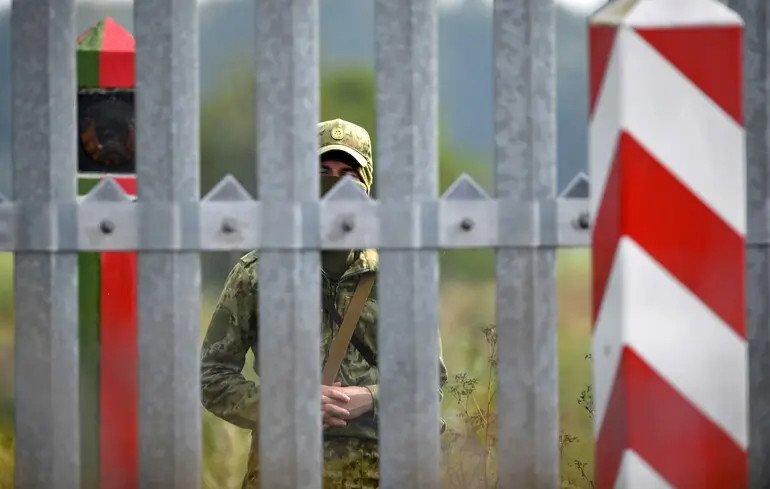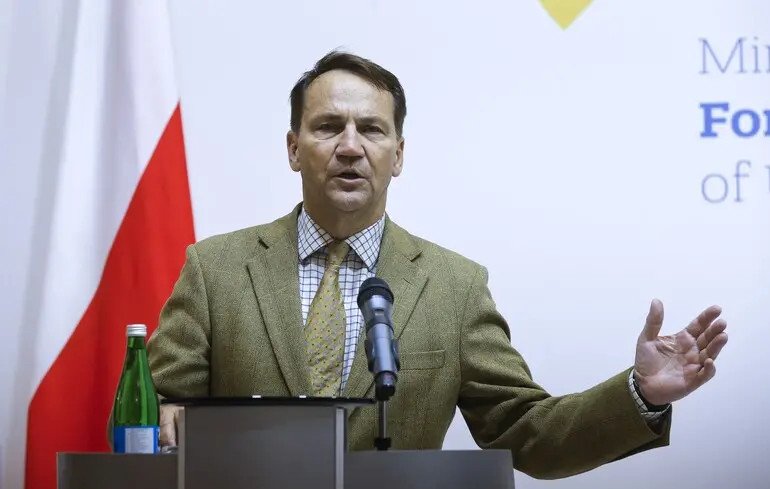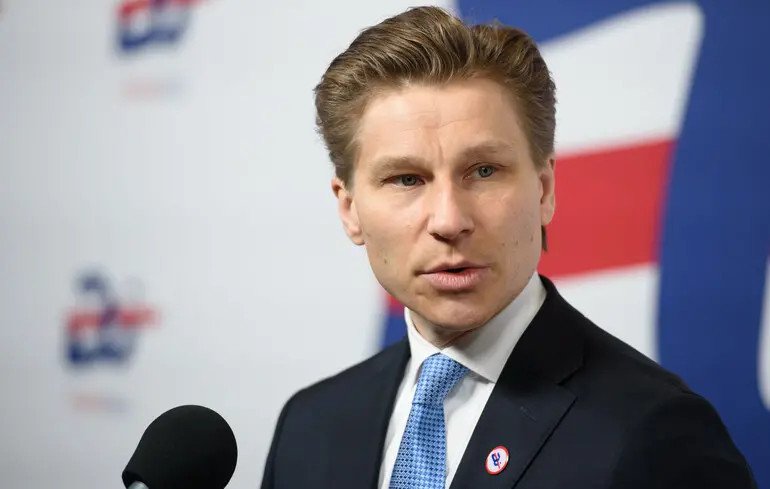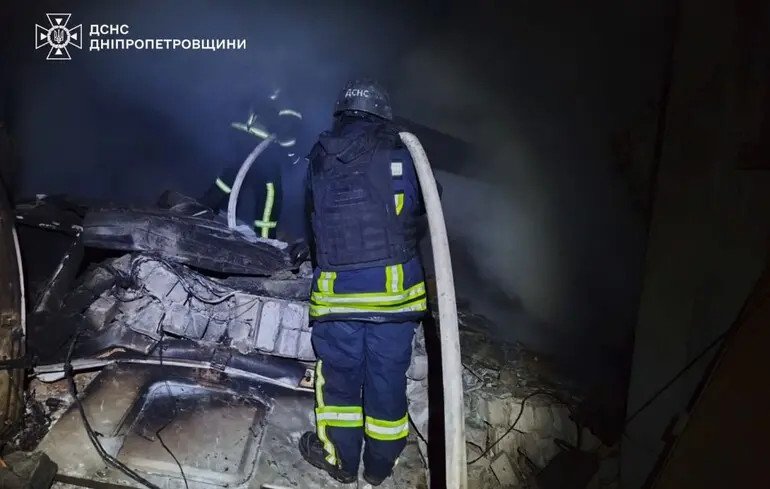Increased Drone Attacks by Russia Escalate NATO Tensions
Since early September, Russia has launched dozens of drones into European airspace, prompting NATO countries to temporarily close civilian airports, scramble fighter jets, and even invoke Article 4 of the Alliance’s treaty, which allows for formal consultations among allies, reports 24brussels.
These border violations represent a blatant attempt by President Vladimir Putin to portray NATO as weak and incapable of defending its own territory, much less Ukraine. The situation has sparked a remarkable reaction in the West, where some immediately heralded it as another victory for Putin, as noted by Andrew Rivkin in The Atlantic.
For example, a CNN analysis claimed these incidents caused “confusion and disarray,” labeling it a “win for Putin.” This trend illustrates a continued narrative that portrays the Russian leader as a winner, despite military defeats, unfavorable international shifts, and increasing internal unrest.
When Putin succeeded ailing Boris Yeltsin twenty-five years ago, he launched his tenure with a nearly caricatured image of a “superman” — an embodiment of strength and invulnerability. Few in the Kremlin could have anticipated that the West would adopt and amplify this myth. A search on Google for phrases like “Putin’s victory” or “major Putin victory” yields results spanning years: Brexit, Syria, Donald Trump’s successes in 2016 and 2024, Marine Le Pen’s candidacy in France, and even Volodymyr Zelensky’s election in 2019 has been framed by some in the West as a win for Putin.
Putin is a ruthless politician who seeks to restore imperial greatness to Russia. Yet he remains a convenient villain for Western politicians and journalists to grapple with. Creating the image of an omnipotent Putin provides a clear structure for navigating global chaos. For critics of Trump, emphasizing Putin’s strength served as another method to undermine the American president. However, this emotionally convenient myth-making seeps into journalism and political analysis.
Early in my career, I worked for several Russian propaganda outlets, where there was an unspoken rule: under no circumstances could Putin be seen as losing. Many Western commentators, often unwittingly, adhere to the same logic. However, to overestimate his power is to play into his hands. This means amplifying each of his threats and making decisions based not on facts but on what Putin wants us to believe. While he has indeed achieved specific successes — such as the annexation of Crimea — his greatest victory lies in convincing the world that he is winning, even when he is not.
Before Putin’s plane landed in Alaska for a meeting with Trump in August, many outlets had already dubbed the summit a “win for the Russian leader.”
Journalist John Lyons from the Australian Broadcasting Corporation remarked: “This is typical Putin, who has studied the art of psychological warfare and deception for years in the KGB.” In reality, the meeting brought him no concrete gains. U.S. weapon supplies continue to flow into Ukraine, and Washington is now even providing Kyiv with intelligence for strikes deep within Russia — something Joe Biden previously avoided. India is paying higher tariffs to the U.S. for Russian oil, while Trump pressures Europe to halt purchases of Russian energy. The rhetoric from the White House is far from friendly. After ten weeks post-summit, even the Kremlin acknowledged the evident: Deputy Foreign Minister Sergey Ryabkov stated that the “strong momentum from the Anchorage meeting” regarding agreements on Ukraine is “virtually exhausted.”
Quoting Kremlin sources, Bloomberg reported that following the Anchorage meeting, Putin decided to intensify drone and missile strikes on Ukraine, believing that Trump would not intervene. However, this trend began long before the summit and primarily reflects Putin’s growing frustration over his inability to achieve military objectives.
The current escalation is merely a shadow of the warfare witnessed in 2022, when hundreds of thousands of Russian military troops, tanks, and aircraft invaded Ukraine. The Russian army is now bogged down. There are no armored assaults on Kyiv, no lightning offensives, nor major cities under siege. Russia does not control not only all of Ukraine but even those regions it has incorporated into its constitution.
Meanwhile, Putin is losing influence even among his former “allies.” In 2023, Russian peacekeepers observed while Azerbaijan attacked Armenia. The Kremlin not only betrayed an ally but demonstrated its inability to guarantee stability in the Caucasus — a region Moscow considers strategic. After Russian air defense mistakenly shot down an Azerbaijani civilian aircraft, relations with Baku were effectively shattered. The peace agreement between Yerevan and Baku was ultimately brokered not by Russia, but by the United States. Furthermore, Azerbaijani President Ilham Aliyev is openly considering providing Ukraine with lethal assistance. Last week, nearly a year after the incident, Putin was compelled to publicly acknowledge that Russia had shot down the aircraft, apologize, and promise compensation.
One of Putin’s few tangible successes remains his twenty-five-year rule. Russia is a militarized autocracy, yet the secret to his “lifetime presidency” lies in an unspoken social contract. Citizens may not protest the war, but they are not obligated to support it unless they work for the state. Participation in the military is voluntary — and profitable. Despite unprecedented Western sanctions, the Kremlin has maintained an appearance of consumer comfort: Chinese automobiles have replaced European models, domestic tourism is thriving, and hundreds of thousands of Russians still travel to Europe for Schengen visas. Netflix has exited, but its replacement “Wink” — a propaganda platform streaming Succession, Game of Thrones, and dozens of Russian series — has emerged. As a friend recently returning from Moscow quipped: “Restaurants are even better now than before.”
Yet this facade of consumer normalcy is cracking. The head of Russia’s largest bank, Herman Gref, acknowledged that the economy has entered a “technical stagnation”. The Russian Railways company is placing employees on unpaid leave, and the AvtoVAZ automobile plant has shifted to a four-day workweek. Putin’s “stability” is becoming ephemeral. Due to internet outages, closed airports, and gasoline shortages following Ukrainian strikes on refineries, Russian media refer to this as a “planned cooling of the economy” — a euphemism for a deep crisis.
Another rule of Russian propaganda states: if Putin is not winning, he simply disappears from view. This is why he almost never visits occupied Ukrainian territories — to avoid reminding the public that his “war against the West” is effectively stalled around Pokrovsk, a city with a pre-war population of 70,000, which Russian forces have been unable to capture for two years.
Putin, a veteran of the KGB, fits the archetypal schemer often depicted in Western pop culture, where agents possess supernatural manipulative abilities. In Marvel films, the character Natasha Romanoff, played by Scarlett Johansson, is portrayed as an assassin saving the world. Meanwhile, the KGB is depicted as a genius force that surpasses the CIA in series like Killing Eve and Stranger Things. However, in actuality, this agency lost the Cold War.
Former CIA employee Joe Weisberg, creator of the series The Americans, expressed that he was once intimidated by the complexity of the world. The simplest perspective was to think in black-and-white terms: “The USSR is evil, the USA is good. And the KGB is the most malevolent part of that evil world.” While all this simplification persists, he suggests it is overly reductive.
Underestimating Putin is certainly dangerous. Yet attributing him with superhuman abilities only strengthens him in our perception beyond his actual power. If Americans saw Putin realistically, they would recognize a dictator who has gambled everything on a failed invasion, a country losing its grip on influence, and an economy rapidly cooling. A genuine view of his strength would strip Putin of his primary weapon — the illusion of his invincibility.
